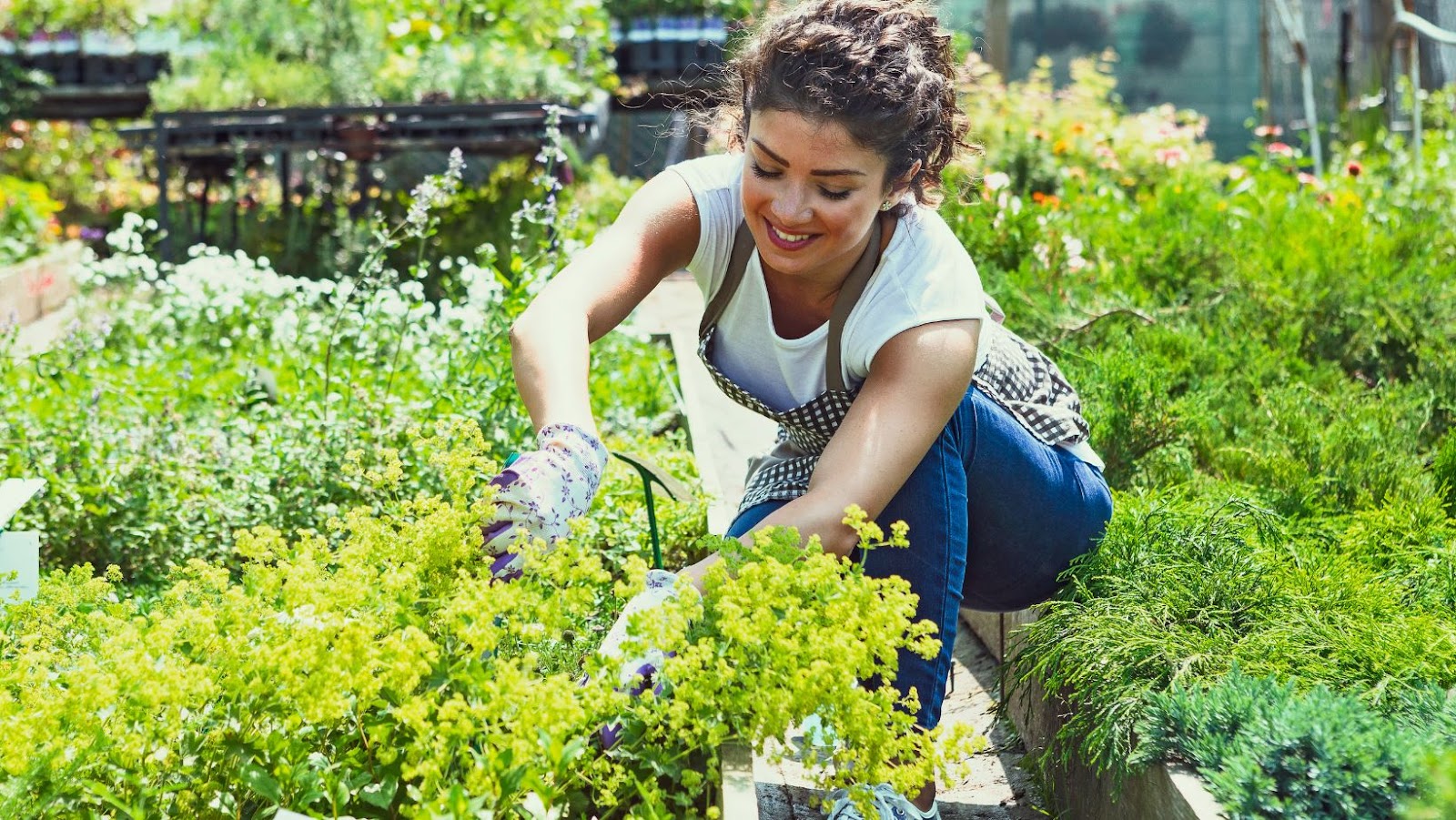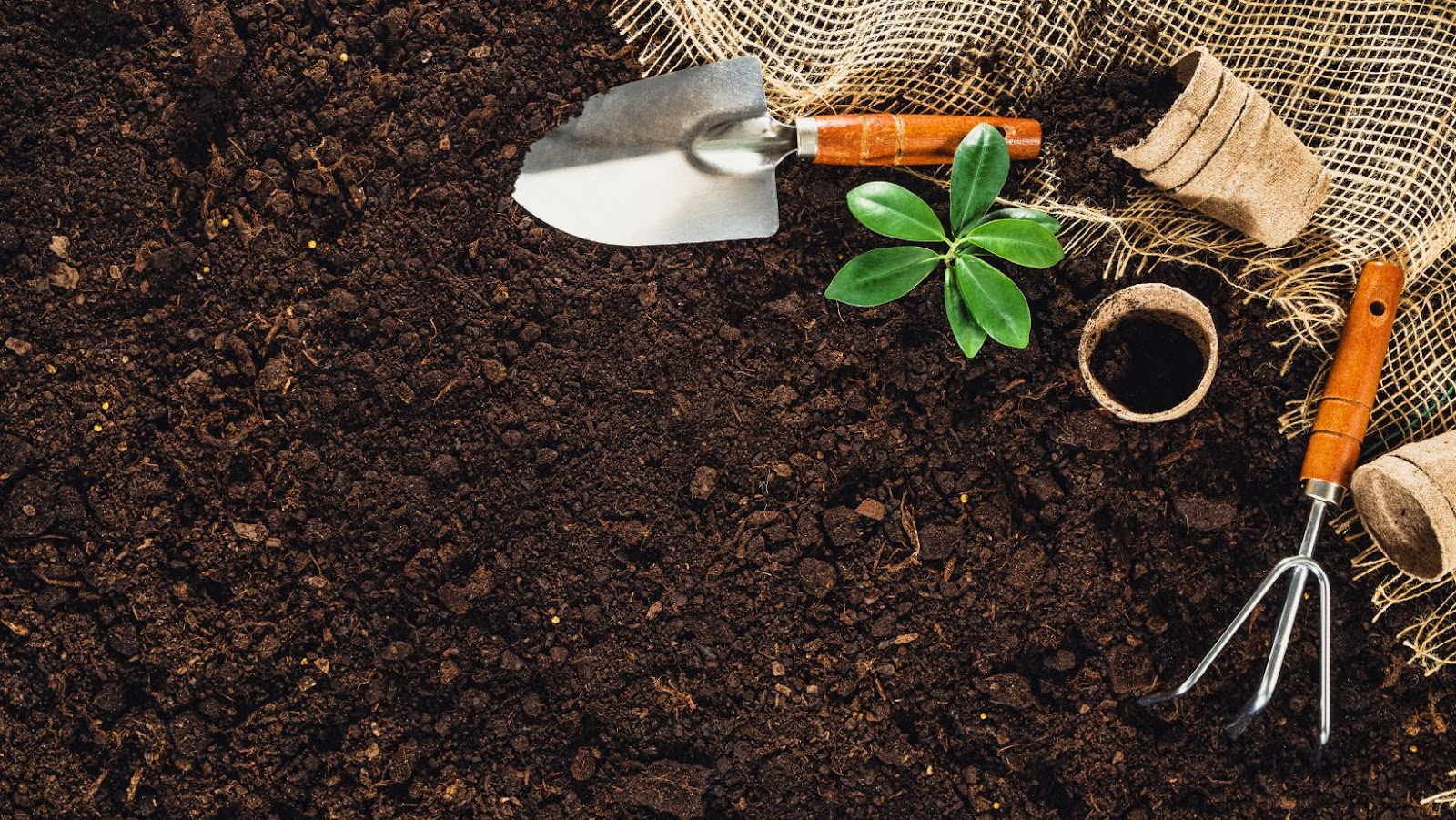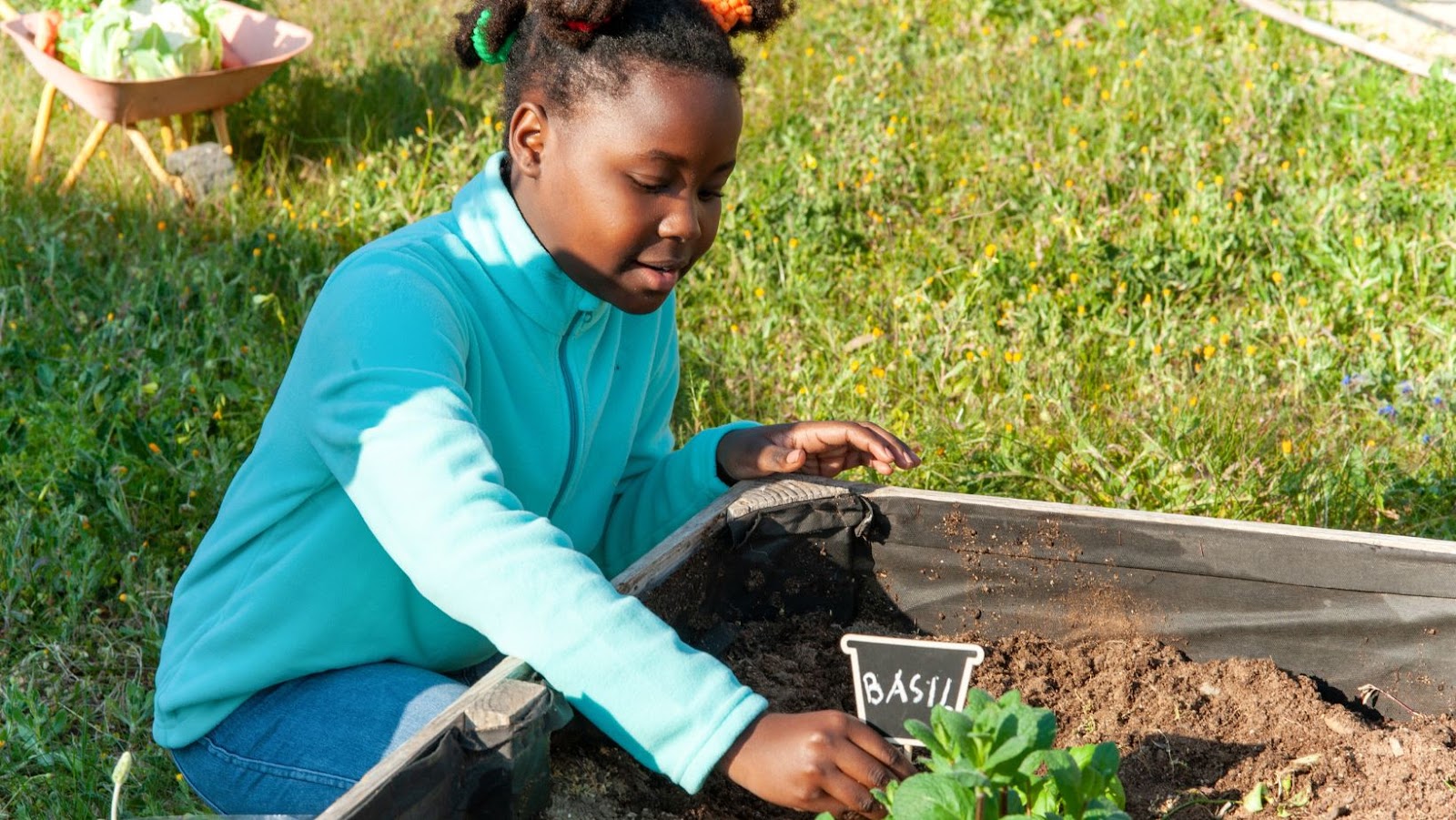
Gardening is a perfect way to bring nature into your life, and it can have tremendous benefits for both your physical and mental well-being. Not only does gardening allow you to experience pleasant weather conditions while outside, but it also provides numerous health benefits due to its therapeutic effects.
Gardening Can Reduce Stress Levels
Studies have shown that gardening reduces stress levels, improves moods, and provides a sense of well-being, likely because of the physical activity involved in caring for plants. Research has also found that activities requiring concentration, such as gardening, can help us relax more quickly than engaging in other leisurely activities. Being surrounded by green foliage has also improved concentration and creativity. Moreover, gardening can provide great satisfaction, allowing us to nurture and watch something grow.
Gardening is Beneficial for Physical Health
Working in the garden provides moderate physical exercise that can help reduce stress, improve posture, and strengthen muscles and joints. Additionally, studies have found that people who engage in activities such as gardening have lower levels of cortisol (the body’s primary stress hormone) than those who do not participate in these activities. Furthermore, research has shown that gardening can improve sleep quality due to reduced anxiety levels and improved relaxation.
Gardening Can Boost Mental Health
Another excellent benefit of gardening is its ability to boost mental health by providing an escape from daily stresses, which can be especially helpful for people who suffer from depression, as gardening has been found to reduce symptoms. Additionally, gardens can provide a safe environment for those with mental health issues, allowing them to work in nature while maintaining their safety and comfort.
Gardening Can Improve Social Connections
Finally, gardening can also benefit our social lives by bringing us closer to nature and connecting us to other like-minded people. By joining a local community garden or working on projects with family or friends, we can create meaningful relationships that have the potential to last a lifetime. Additionally, research has shown that access to green spaces and engaging in activities such as gardening is associated with increased happiness and life satisfaction.
How to Get Started With Your Garden
Getting started with your garden is an easy and rewarding process. Many different resources are available online and in books to help you. Before starting, assessing the space you have to work with and determine what plants you would like to grow is essential. Then, decide on a planting strategy and ensure you have all the necessary supplies for gardening success.
First, look for front yard landscaping ideas.

Then decide how large your garden will be and what plants you want to grow. Consider factors such as sunlight exposure, soil pH levels, and drainage when deciding which plants will thrive in your garden. See advice from experienced local gardeners or a nearby nursery before purchasing any plants or supplies. Once you’ve selected, start preparing the soil by removing weed roots, tilling the ground to loosen it up, adding organic matter for nutrients, and using fertilizer if needed.
Next, set up a watering system to ensure your plants get enough water throughout the growing season, which could involve either manual or automatic irrigation systems; however, be aware that relying solely on an automated system can cause overwatering in some situations and should be monitored closely. Finally, consider adding mulch or other types of coverings around your plants to protect them from weeds and retain moisture in the soil during dry periods.
Creating Calm Spaces in Your Garden for Improved Mental Health
Creating calm spaces in your garden for improved mental health is essential in cultivating a healthy and happy atmosphere. Incorporating various elements such as plants, pathways, seating, and lighting can help create a tranquil retreat that can be enjoyed year-round.
One of the most beneficial additions to a peaceful garden is greenery, as it helps connect us to nature and reduces stress. Plants not only provide beauty, but they also absorb sound and purify air quality, thereby creating a calming atmosphere. Incorporating plants that flower or produce fruit can add visual interest and bring more life into the space.
Pathways can be added to allow for easy movement throughout the garden and should be made with materials like gravel, which has a soft crunching sound when stepped on that can have a soothing effect.
Seating areas are essential for providing places to rest and enjoy the tranquility of your garden; these could range from benches to hammocks or swings.
Strategically placed lighting in gardens serves two purposes: it illuminates walkways at night, making them safer, and provides a subtle glow that sets the mood after dark. Low-voltage LED lights are perfect as they provide enough light without being too bright or harsh. When combined with lush greenery, muted pathways, and seating areas all illuminated by soft lighting, you will have created an oasis of calm surrounded by nature’s beauty.
The Final Word
Creating calm spaces in your garden is essential for improved mental health because it allows us to relax in our paradise at home. Taking time out from daily stresses to enjoy our gardens can incredibly benefit our well-being; therefore, we should incorporate elements that will help us find a balance between work life and leisure time outdoors in nature’s embrace.






